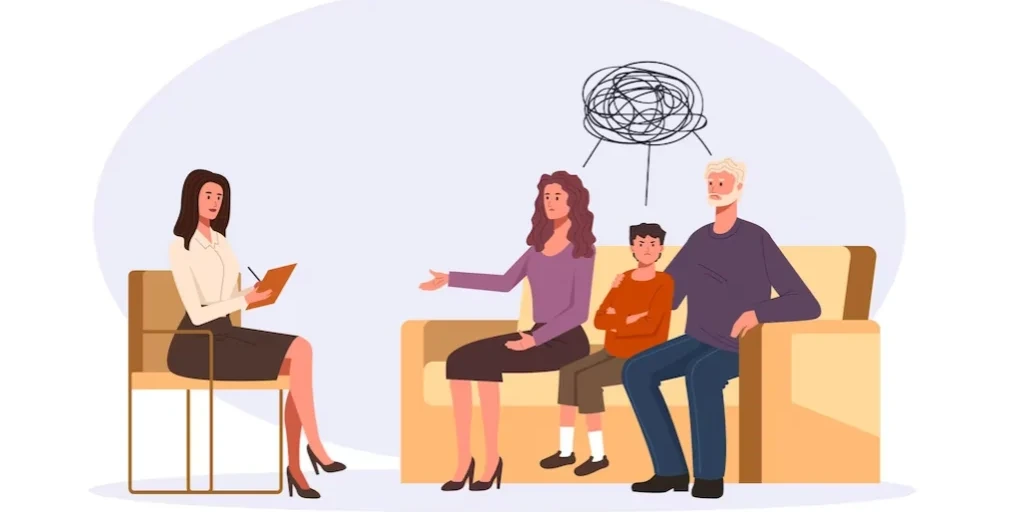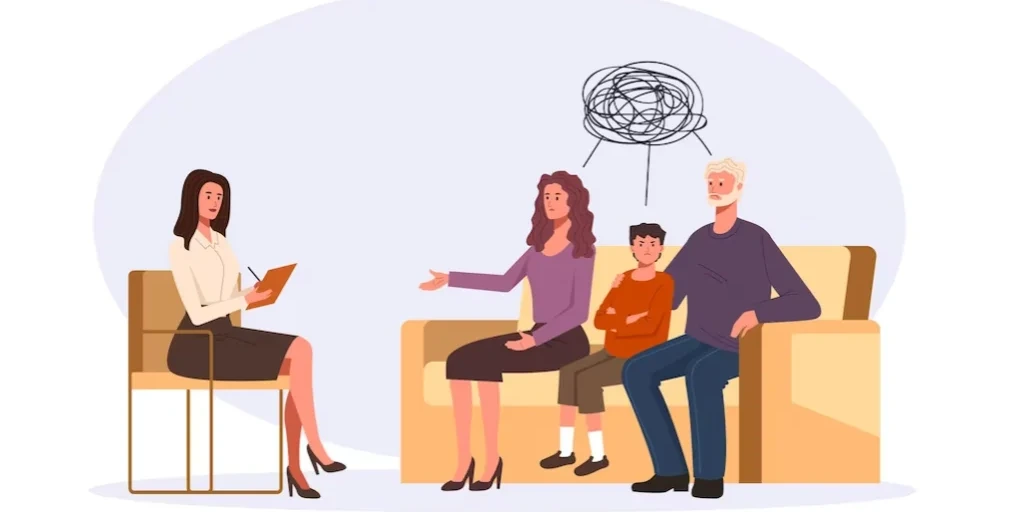24/7 Helpline:
(866) 899-221924/7 Helpline:
(866) 899-2219
Learn more about PTSD Treatment centers in Manatee County

Other Insurance Options

BHS | Behavioral Health Systems

Sliding scale payment assistance

Humana

State Farm

Lucent

Access to Recovery (ATR) Voucher

American Behavioral

Magellan Health

Ceridian

Amerigroup

UnitedHealth Group

BlueCross
Beacon

Multiplan

BlueShield

UMR

Evernorth

PHCS Network

Ambetter

Carleon

Coastal Behavioral Healthcare – Children Services
Coastal Behavioral Healthcare – Children Services is a private rehab located in Sarasota, Florida. C...

First Step of Sarasota – North Washington Boulevard
First Step of Sarasota – North Washington Boulevard has been a vital substance abuse addiction treat...

Operation PAR
Operation PAR - South Tamiami Trail offers outpatient treatment for individuals with alcohol and/or ...

Affordable Counseling by Susan McMillan & Associates
Affordable Counseling is a full service counseling agency that provides comprehensive counseling for...

Coastal Behavioral Healthcare – Kreisman Campus
Coastal Behavioral Healthcare - Outpatient is a Non-Profit rehab located in Sarasota, FL. Coastal Be...

Coastal Behavioral Healthcare – FACT Team
Coastal Behavioral Healthcare – FACT Team is a private rehab located in Bradenton, Florida. Coastal ...

Centerstone
Centerstone, located in Bradenton, Florida, provides alcohol and drug rehab programs to men and wome...

Centerstone
Centerstone - Sawyer Road provides outpatient services to children, teens and adults. Centerstone - ...

WhiteSands Alcohol & Drug Rehab Sarasota
If you reside in the Sarasota, Florida area, you have the opportunity to meet with a compassionate a...

Operation PAR
Operation PAR - 14th Street West offers outpatient treatment for individuals with alcohol and/or sub...

Centerstone – State Road 64
Centerstone – State Road 64 is a private rehab located in Bradenton, Florida. Centerstone – State Ro...






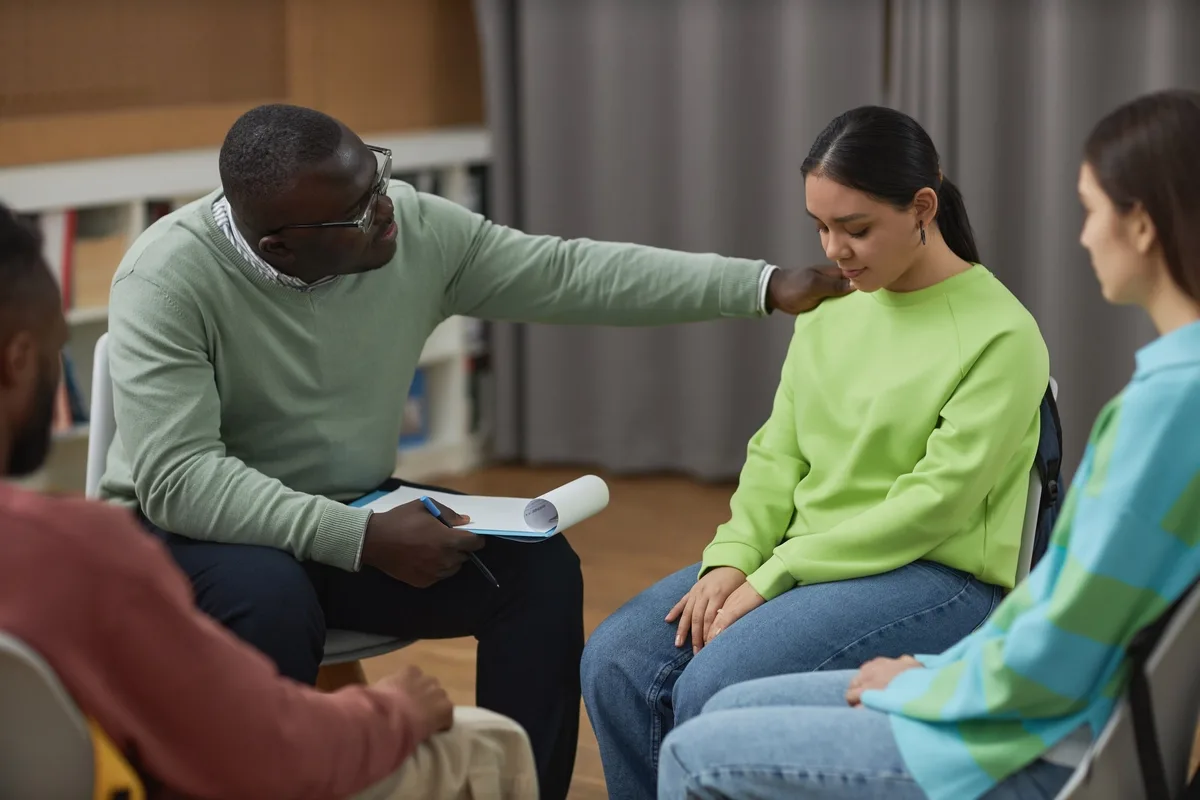


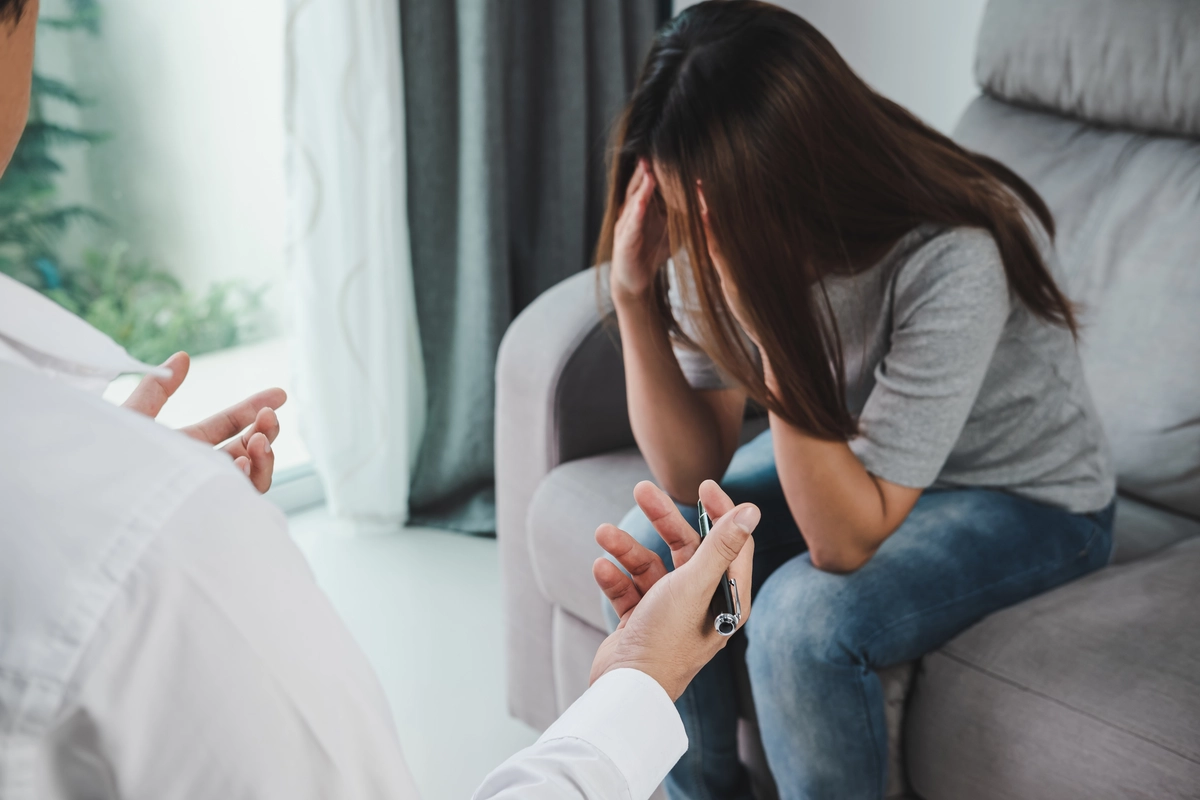
























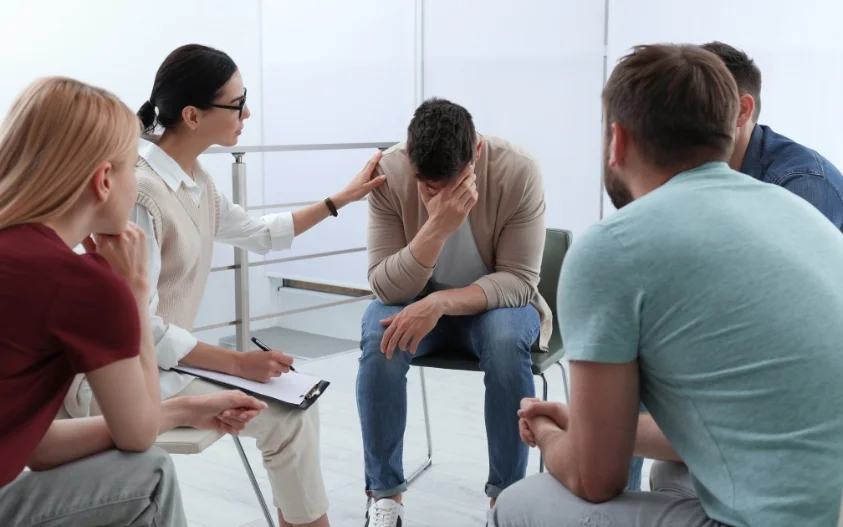













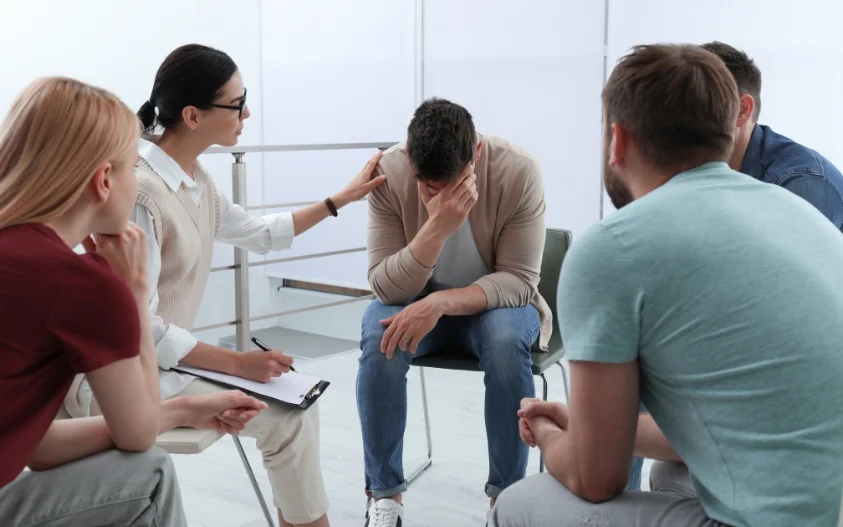















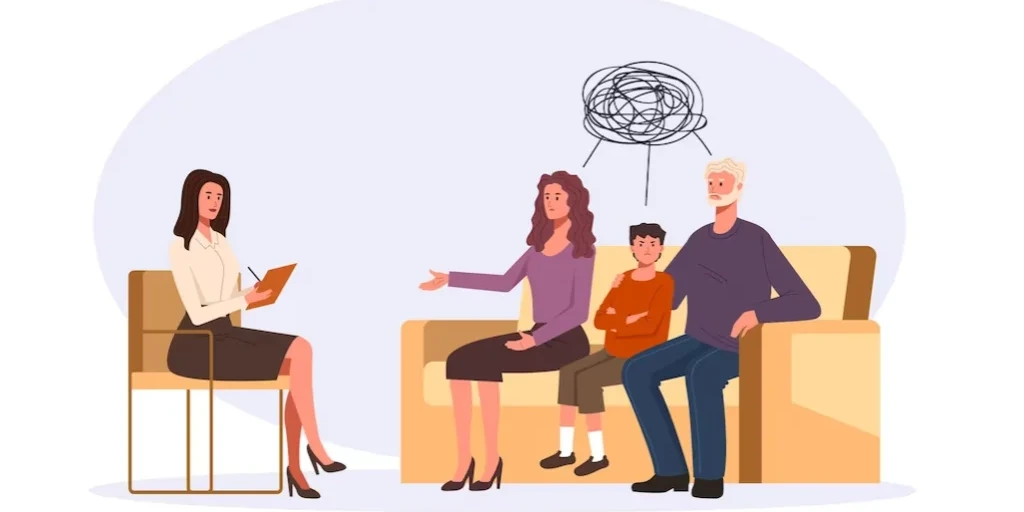





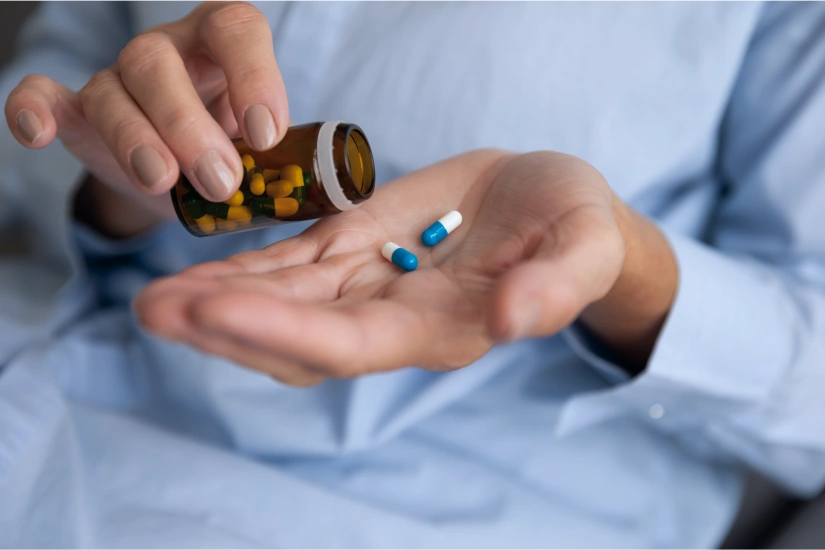











Manatee Glens Residential Recovery Center
Manatee Glens Residential Recovery Center is a private rehab located in Bradenton, Florida. Manatee ...

Care Alliance
Care Alliance is a private rehab located in Sarasota, Florida. Care Alliance specializes in the trea...

KinShip Services
KinShip Services is a private rehab located in Bradenton, Florida. KinShip Services specializes in t...

Alliance Care at College Park
Alliance Care at College Park is a private rehab located in Bradenton, Florida. Alliance Care at Col...

AA – Central Office of Sara – Mana
Alcoholics Anonymous is an international fellowship of men and women who have had a drinking problem...

Life Skills Institute
Life Skills Institute is a private rehab located in Sarasota, Florida. Life Skills Institute special...

Another Level of Recovery
Another Level of Recovery is a private rehab located in Sarasota, Florida. Another Level of Recovery...

Neuro Assisted Recovery
Neuro Assisted Recovery is a private outpatient rehab facility located in Sarasota, Florida. Neuro A...

First Step of Sarasota – 18th Street
First Step of Sarasota, found on 18th Street, offers individuals comprehensive care and innovative t...

AA – Alcoholics Anonymous
AA – Alcoholics Anonymous is a non-profit rehab located in Sarasota, Florida. AA – Alcoholics Anonym...

Florida Center
Florida Center is a private rehab located in Sarasota, Florida. Florida Center specializes in the tr...

Fellowship House
Fellowship House provides addiction treatment through their alcohol and drug rehab program in Palmet...

Care Alliance of America
Care Alliance of America is a private rehab located in Bradenton, Florida. Care Alliance of America ...

Gulf Coast Behavioral Medicine and Addiction Treatment
Gulf Coast Behavioral Medicine and Addiction Treatment is a private rehab located in Sarasota, Flori...

Counseling in Recovery
Counseling in Recovery is a private rehab located in Sarasota, Florida. Counseling in Recovery speci...

Compass Center
Compass Center is a private rehab located in Sarasota, Florida. Compass Center specializes in the tr...

Alliance Care at Westminster
Alliance Care at Westminster is a private rehab located in Bradenton, Florida. Alliance Care at West...

New Season – Sarasota Treatment Center
New Season - Sarasota Treatment Center is a private rehab located in Sarasota, FL. New Season - Sara...

Triangle Club
Triangle Club is a private rehab located in Palmetto, Florida. Triangle Club specializes in the trea...

Mangrove Wellness Center
Mangrove Wellness Center offers affordable counseling for mental health and substance abuse issues u...

O2 Recovery Support Services
O2 Recovery Support Services is dedicated to help individuals who are dealing with different issues ...

South Dixie Group
South Dixie Group is a private rehab located in Palmetto, Florida. South Dixie Group specializes in ...

Centerstone Bradenton – Forth Avenue Circle East
Centerstone Bradenton – Forth Avenue Circle East is a non-profit rehab located in Bradenton, Florida...

First Step of Sarasota
First Step of Sarasota is a private rehab located in Sarasota, Florida. First Step of Sarasota speci...

Face To Face Mental Health Services
Face To Face Mental Health Services is a private rehab located in Palmetto, Florida. Face To Face Me...

Aim Rehab Center
Aim Rehab Center is a private rehab located in Sarasota, Florida. Aim Rehab Center specializes in th...

Serenity Room
Serenity Room is a private rehab located in Bradenton, Florida. Serenity Room specializes in the tre...

First Step of Sarasota – Tallevast Road
First Step of Sarasota - Tallevast Road offers outpatient treatment for individuals with alcohol and...

Affordable Counseling by Susan McMillan & Associates
Affordable Counseling is a full service counseling agency that provides comprehensive counseling for...






















